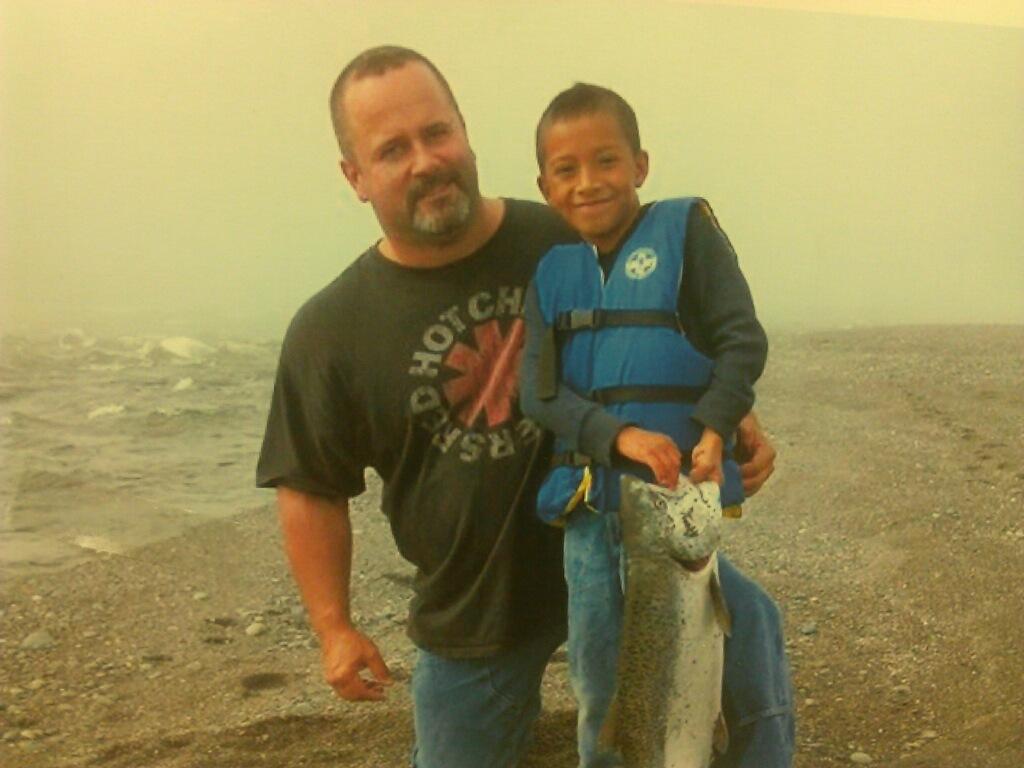Most alumni return to campus to feel the nostalgia of what was once an easier time. Angie Brenes is not one of these people; Brenes has been rapidly moving around campus speaking to fraternities, clubs, and even the Hutchins Department about a new youth mentorship campaign to assist Rohnert Park youth.
Recently, the Federated Indians of Graton Rancheria have teamed up with the Big Brothers Big Sisters of the North Bay to form the Tribal Youth Mentor Program. This will give the children of their tribe an opportunity to meet friends to confide in outside of their family and household.
The Rancheria was awarded approximately $1 million by the Office of Juvenile Justice and Delinquency Prevention. The award will be used for programs that prevent and treat substance abuse, and for the purpose of mentoring and digital storytelling workshops to prevent delinquency.
This program is currently being spearheaded by Brenes, and although she has been involved with the BBBS for only a short period of time, she has a vast amount of knowledge of Native American life growing up as a member of the Hupa Tribe of California.
“It has been humbling and inspiring to see the caliber of volunteers who have been attracted to mentoring for the Tribal Youth Mentor Program,” said Brenes. “Individuals who have very full lives, and yet have the empathy to understand their ability to impact a child can make the difference down the road to becoming a healthy or unhealthy adult.”
The requirements to become a member are simple. One must be at least 18 years of age, have a valid social security number with no criminal background, and be available to volunteer for at least one year. The ages of the children range from 6 to 16 years old.
“Whether you are riding bikes, throwing a Frisbee, walking a dog, or even baking cookies, there is potential for magic to happen,” said Brenes. “When a child trusts you and knows he or she can count on you, there is a willingness to open up and seek advice. This is where mentor’s change lives. They provide another level of support to the child as they face life’s tough choices and situations.
According to research conducted by Public Private Ventures, students were compared before and after a time of 18 months spent with their “bigs” on problems that youth face on a daily basis and how they would respond to each problem.
After this time period, the students were found 46 percent less likely to use illegal drugs, 27 percent less likely to start drinking alcohol, 52 percent less likely to skip school, and 33 percent less likely to hit someone.
“We need mentors, especially men,” said Brenes. “Boys in the program generally find themselves waiting three times longer than girls to be matched.”
In response to this shortage, the Big Brothers Big Sisters has begun a “Man Up” campaign with its 16 other chapters around the state in order to buck this trend.
This includes a social media campaign, and a YouTube series featuring the “Man Up” spokesman named Bruce, a 13th century Scottish Warrior puppet.
BBBS’ mission statement is to “provide children facing adversity with strong, enduring, professionally supported one- to- one relationships that change their lives for the better, forever.”
With this knowledge in mind Brenes continues to come to campus to spread the message that it only takes one hour out of a single week to truly make a difference in a child’s life.
If interested, feel free to contact Brenes via email at abrenes@bbsnorthbay.org



































